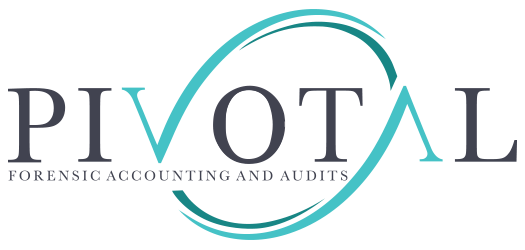IRS Taxpayer Advocate Highlights Critical Funding Needs and Achievements in Annual Report
Congress’s chronic underfunding of the IRS has created a ripple effect that hampers taxpayer interactions and perpetuates inefficiencies. By neglecting to adequately invest in modern technology, lawmakers have left the IRS reliant on outdated systems, delaying refunds, correspondence, and taxpayer assistance. This lack of foresight has made even basic interactions frustrating for taxpayers and limited the agency’s ability to operate at the level of efficiency seen in the private sector. The result is a self-defeating cycle: underfunding undermines trust in the system, which in turn affects compliance and the revenue needed to fund essential government programs.
In her annual report to Congress, National Taxpayer Advocate Erin M. Collins underscored the immense value the IRS delivers to taxpayers and the critical need for sustained funding to improve its operations further.
Exceptional Return on Investment
Collins highlighted the impressive efficiency of the IRS, which collected $5.1 trillion in fiscal year 2024—representing 96% of federal revenue—while operating on a modest $12.3 billion budget. This translates to a remarkable return on investment of 415:1, demonstrating the agency’s pivotal role in funding government programs.
The Funding Paradox
Collins emphasized the paradox of IRS funding, where tighter federal budgets increase the necessity of adequately supporting the IRS to secure essential revenue. She wrote, “The more constrained other areas of the federal budget become, the more essential it is to adequately fund the IRS to ensure it can collect the taxes necessary to support other government functions.”
Allocation of Inflation Reduction Act Funds
The report also detailed the distribution of the $79 billion allocated to the IRS under the 2022 Inflation Reduction Act (IRA). Collins pointed out that 58% of these funds were earmarked for enforcement, while only 6% went to technology modernization and 4% to taxpayer services, with the remaining 32% allocated to operations support. She cautioned Congress that any reductions to this funding could undermine critical taxpayer services and technological advancements.
Key Improvements in IRS Operations
Collins highlighted several significant enhancements made possible through recent investments:
- Improved Phone Service: In fiscal year 2024, the IRS answered nearly 9 million more calls compared to fiscal year 2022, with a significant increase in the percentage of answered calls and reduced wait times by over 50%.
- Faster Correspondence Processing: The average processing time for individual taxpayer correspondence dropped from seven months in fiscal year 2022 to just 3.5 months in fiscal year 2024.
- Advances in Technology: The IRS introduced secure messaging for some taxpayers, expanded chatbot functionality, improved online account features, and enabled mobile submission of over 30 forms. These upgrades mark a significant step toward aligning IRS services with private-sector standards.
“These technological advances—many of which have been standard in the private sector for years—represent a significant leap into the 21st century for the IRS and, by extension, for taxpayers,” Collins noted. However, she stressed that the full potential of these initiatives hinges on consistent funding.
Addressing Taxpayer Challenges
As mandated by law, the National Taxpayer Advocate’s report identified the 10 most serious issues taxpayers face when interacting with the IRS and included recommendations for both administrative and legislative improvements to address these challenges.
Collins’ report serves as a reminder of the IRS’s critical role in sustaining federal operations and the importance of continuous investment to modernize and improve its services for taxpayers.


